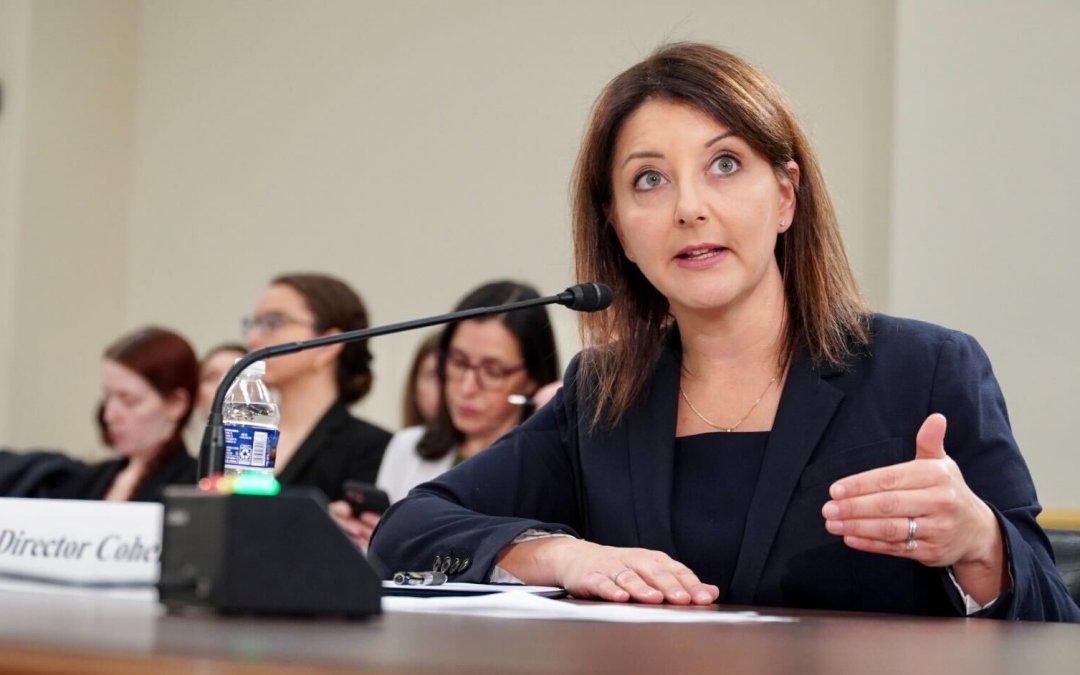WASHINGTON – Efforts to build trust between House Republicans and the new director of the Centers for Disease Control and Prevention, Dr. Mandy Cohen, fell short Thursday morning as GOP members continued to use the agency as a lightning rod for their criticism of the government’s response to the COVID-19 pandemic.“Your actions could move the CDC further away from public trust,” said Rep. Cathy McMorris Rodgers (R-Wash.), chair of the House Energy and Commerce Committee, which oversees the CDC. “Your predecessors took bad advice due to political pressure and misled the American people.”
Such hostility may prove challenging to overcome for Cohen, who has ambitious goals for the agency. The CDC director wants to turn “data into action” quickly but she says the agency is limited without more access to local health jurisdictions. The CDC rapidly improved its access to this type of data during the pandemic.
“At the beginning of the pandemic, we transmitted information electronically and only about 200 hospitals were able to transmit that data electronically to them; now we’re close to 30,000,” she said.
Greater communication between the local, state and national levels would allow the agency to give more accurate recommendations using more transparent information like through “respiratory disease forecasts,” Cohen told members of Congress.
Republicans are refusing to include a provision giving the CDC access to any such data in its budget. Instead, they have proposed a $1.6 billion cut from the CDC’s budget in one of their appropriations bills.
Rep. Frank Pallone (D-N.J.) criticized that move, saying it “undermines the CDC’s ability to perform its vital mission” and “would endanger public health and safety.”
Republicans also sought to attack Cohen about pandemic-era policies that are no longer in effect such as mask mandates, vaccine mandates and public-school closures. Cohen didn’t address those previous policies and suggested future crises might have different responses from health officials.
“We’re in a different place than we were before,” said Cohen. “We both have different tools and different mechanisms to respond… I do think we’ve learned a lot about how to approach.”
The CDC director previously served as secretary of the North Carolina Department of Health and Human Services during the COVID-19 pandemic. In that role, Cohen said she “worked across the aisle” in the purple state, where she defended allowing schools to reopen while also threatening to file suits against school districts that failed to continue contact tracing and quarantine processes.
Rep. Gary Palmer (R-Ala.) pressed Cohen on whether she would continue the CDC’s masking recommendations of children as young as two years.
“If there aren’t significant policy changes, it’s going to be very difficult going forward,” said Palmer, in reference to trust in her work at the CDC.
Cohen was appointed director earlier this summer, and she’s already had to confront high-risk public health situations. Those included a malaria outbreak in Florida and Texas this summer, the first U.S.-acquired cases in 20 years.
“Public health, when it’s a success it can often be invisible,” she said.
Despite the tough questioning on the pandemic policies, Cohen sought to raise awareness on the continued danger of COVID-19, stating 1,000 people are still dying a week from it and only 16% have received the updated vaccine.
“COVID is still the respiratory virus that is putting the most number of folks in the hospital and taking their lives,” she said. “Top reasons people don’t get vaccinated is because their doctor or their nurse practitioners don’t bring it up.”

